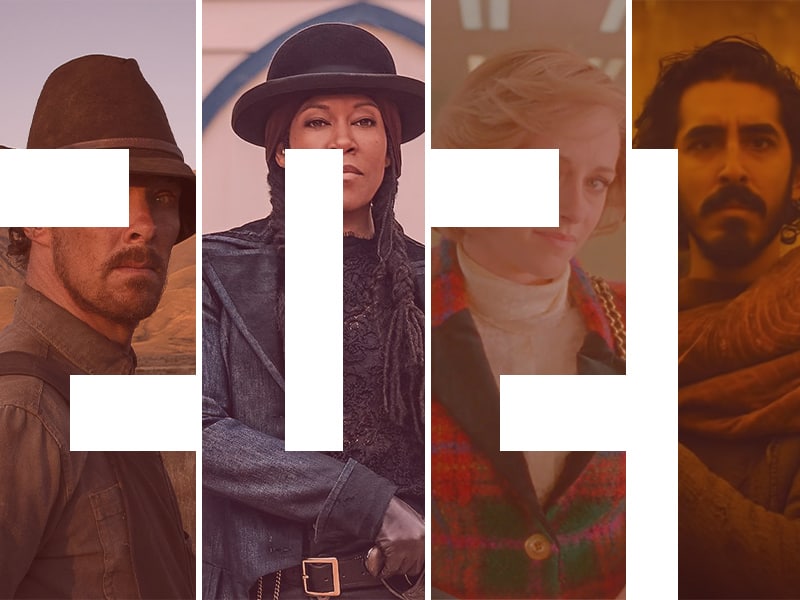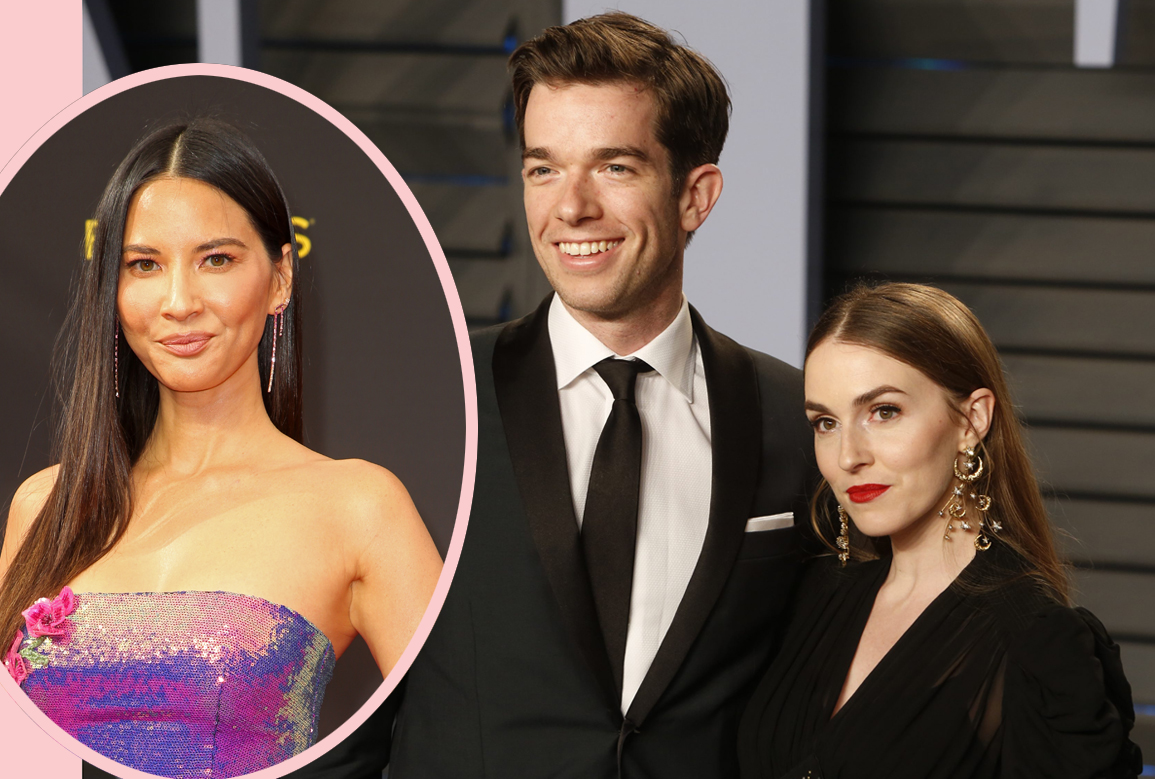#‘The Walking Dead: Daryl Dixon’ Review: Fun, French-Flavored Spinoff Series Showcases Zombie Life in the City of Lights

Table of Contents
The Walking Dead: Daryl Dixon may not quite deliver an adrenaline shot to the heart of the stagnated Walking Dead franchise, but the new six-episode series is absolutely the television equivalent of a café au lait and a tarte tatin.
It’s comforting and familiar, with a European twist that brings an aura of classiness along with its light buzz. The Walking Dead: Daryl Dixon is easily the best version of Walking Dead storytelling since the early seasons of the mothership. And, because it can easily be jumped into with little or no background knowledge, it offers the rare opportunity for the brand to welcome new or long-lapsed viewers.
The Walking Dead: Daryl Dixon
The Bottom Line
Brings the franchise back to life.
As somebody who has found previous Walking Dead spinoffs to be repetitive and dull and who never was really the biggest fan of Norman Reedus’ Daryl Dixon character, I’m as shocked as anybody by this one: The Walking Dead: Daryl Dixon is a decent little show and has several moments that are significantly better than that.
Created by David Zabel (Mercy Street) and directed in early installments by Daniel Percival (The State Within), the series begins with Daryl Dixon washing up on a beach in France. You might write, “It’s like the D[aryl]-Day Invasion!” in your notes and think that you’re clever, but don’t worry… the show had the same thought and you’ll eventually get sick of that analogy.
How did Daryl come to find himself on the beach in France? Short answer: Who cares? It’s Daryl Dixon in France, man! Long answer: Wait four or five episodes and eventually you’ll get your answer and THEN you can say, “Who cares? It’s Daryl Dixon in France, man!” Does Daryl even know or remember how he got to France? I’m not completely sure.
Anyway, Daryl washes up on the beach in France and soon discovers that things are somewhat similar to the continent he left behind. The streets and towns are mostly abandoned, and if you spend too much time anywhere, eventually zombies come out to play. These are not, however, your ordinary, walk-of-the-mill walkers, though. They’re a bit faster, a bit more aggressive and their viscous bodily fluids are acidic in some way. Ew! How did that evolution take place? Patience, mes amis!
After a run-in with one of several militaristic factions prowling the beautifully lensed French countryside — showcased in an impressive number of drone shots throughout — Daryl ends up in a convent. There, an earnest nun with a mysterious past (Clémence Poésy’s Isabelle) introduces Daryl to Laurent (Louis Puech Scigliuzzi), a 12-year-old boy with unnatural empathy and a backstory that leads some people to think he might be humanity’s last hope. Isabelle hopes that Daryl will join her in transporting Laurent on a treacherous journey to a resistance stronghold, a path that will take them — plus Laika Blanc Francard’s Sylvie, a nun whose entire character the show keeps forgetting — though Paris, among other locations.
It’s here you’re thinking, “Wait, a gruff loner on an odyssey protecting an innocent, possibly messianic kid? How very The Last of Us!” And trust me, you don’t know the half. Laurent’s origin story and the TV origin story for Bella Ramsey’s Ellie are close to identical. But at least the show is repeating stories from a different zombie-centric fictional universe, rather than only playing the Walking Dead greatest hits, like The Walking Dead: Dead City.
There are still plenty of Walking Dead echos, in part because Daryl Dixon apparently has one basic arc, which played out a dozen times on the original series and is charted in similar loops here. See, Daryl comes across as, well, a gruff loner, but given enough time — five minutes should do it — his inner softie can lovably come to the surface, before receding and returning and receding and returning. It’s fully to Reedus’ credit that Misanthropic Daryl and Empathetic Daryl coexist believably even after all of this time.
The added wrinkle here is forcing unrefined Daryl to navigate a new world in which he doesn’t understand the culture or the language or, frequently, the prevailing religion. It’s a running joke — and unlike some parts of the Walking Dead world, this show has funny bits — that every French character comes at Daryl speaking French, discovers he’s American and then enthusiastically welcomes him in variations on perfect English that they’re eager to speak themselves. Which is how you know The Walking Dead: Daryl Dixon is a fantasy.
Beyond Reedus, an effectively tormented Poésy and an annoyingly precocious (by intent) Scigliuzzi, the international supporting cast is very good, including Anne Charrier as an Evita-esque politico and Romain Levi as a glowering soldier hunting Daryl.
Unlike Dead City, which squandered the opportunity to establish a wholly different tone and visual language by reducing its urban settings to sound stages and city scenes so CG-augmented they could be anywhere, The Walking Dead: Daryl Dixon gets true value from filming in France. Sure, there’s a bit too much, “Look, it’s the Eiffel Tower! Here we are at Père Lachaise!” in the Paris scenes, but it’s still a smart enough way of reflecting that Paris is a city in which the living and dead are always intermingled. You actually believe, and even embrace, that this series is taking place somewhere real and not just a corner of rural Georgia with slightly different topography that a location scout found.
The French backdrop facilitates eccentricities like a bizarre concert hall with a unique orchestra, an extended cameo from Jean-Pierre Jeunet regular Dominique Pinon, and an underground cabaret, emceed by Drag Race France winner Paloma. The distinctive pleasures aren’t exclusively French-flavored, mind you. Sometimes The Walking Dead: Daryl Dixon is just a badass zombie show, and there are warrior nuns, disturbing gladiatorial fight clubs and scary undead kids, if you’re into those sorts of things. Plus, Daryl gets a new favorite weapon, one that fits the milieu.
Consistently, The Walking Dead: Daryl Dixon takes the elements from the brand that have felt exhausted in recent incarnations — like the episode-by-episode visits to different outposts of civilization, where we’re reminded that humans can be as scary as walkers — and breathes just enough new life into them. Despite Daryl at its center, the series isn’t hung up on what came before, though the fleeting deployment of Melissa McBride’s Carol suggests that it will become more hung up in future seasons. I don’t need that. The more The Walking Dead: Daryl Dixon just becomes The Walking Dead, the less surprising it will be. For these six episodes, the standalone enjoyment is the biggest surprise of all.
If you liked the article, do not forget to share it with your friends. Follow us on Google News too, click on the star and choose us from your favorites.
For forums sites go to Forum.BuradaBiliyorum.Com
If you want to read more Like this articles, you can visit our Social Media category.




